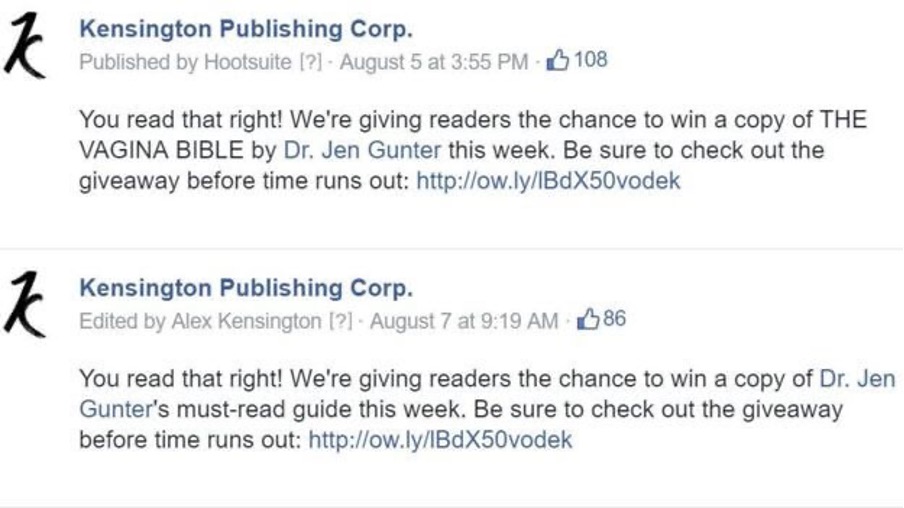The transformative power of language in B2B communications
03 December, 2024 Reading: 4:08 mins
Some words are so powerful they're banned. It’s time to be brave.

In the world of B2B communications, the words we choose can be incredibly powerful. Some words can evoke strong emotions, inspire action, or, at their worst, risk your brand being overlooked. Let’s explore how harnessing emotionally charged language can elevate your brand’s messaging and ensure you’re heard above the noise.
A moment of rebellion
I remember the first time I met an Extinction Rebellion activist who explained the rationale behind its name and philosophy: as veteran campaigners they feel a true attitude of rebellion is needed to ‘wake the masses’ and prevent ‘extinction’. The word ‘rebellion’ itself stirs emotions and evokes vivid imagery. Clearly the Extinction Rebellion movement’s strategy revolves around making a bold statement with language that grabs attention. By using powerful words like ‘rebellion’ and ‘extinction’, they create a charged emotional context to drive discussions and action.
So, in the B2B landscape, how can your brand embody this rationale? What are the norms in your industry that could use shaking up? Don’t shy away from bold language; it can differentiate you from your competitors and resonate with your audience.
As all good copywriters and sub-editors know loaded words prompt strong images, invoke emotions and become headlines because they pack an emotional, highly clickable punch. In these crowded media times, the soundbite is often as short as one word to drive headlines, rise out of the crowd and get attention.
Scary
I vividly remember the words of Professor Sir David King. The former Government Chief Scientist and member of the 2014 Intergovernmental Panel on Climate Change (IPCC) has spent years presenting scientifically strong evidence that climate change is real and significant. Yet he caught the spotlight more strongly with one word: the first time he called extreme weather events 'scary', because they showed the IPCC’s more extreme scenarios were actually happening, and sooner than predicted. That one word grabbed headlines and got support from a range of other senior scientists, probably because of the undeniable emotional impact.
Scientists often seem dry and boring in the way they write, but they publish balanced words and qualified claims because they are trained that way, they know their words will be most closely scrutinised by academic peers and opponents, with careers built or broken on finding factual error or a chink in an argument…. But an honest, emotional reaction to the dry facts was what got more attention and headlines. As physics Prof Jo Haigh from Imperial College London said: “David King is right to be scared – I’m scared too. We do the analysis, we think what’s going to happen, then publish in a very scientific way. Then we have a human response to that… and it is scary.” Words that resonate on an emotional level can help your audience connect with issues that may seem abstract or distant. When discussing the challenges your industry faces, embrace language that conveys urgency and encourages action.
Vagina
Society seems more sensitive to mentioning the terms for female body parts than for male ones. X, Facebook and Instagram have been known to block adverts for simple anatomic references – for instance posts promoting a doctor's book about vaginal health. Obstetrics expert Dr Jen Garner’s ‘Vagina Bible’ – a straightforward health guide – had the majority of its social media ads banned seemingly because it used the ‘v’ word, although Facebook claimed some were initially banned due to ‘human error’ but then permitted – which seems a little convenient if you ask me. In 2019, publisher Kensington Books claimed that Twitter said the rejected sponsored tweets were "promoting adult sexual products and services" or used "inappropriate language". However, several were approved once the title or the words ‘vagina’ or ‘vaginal’ were removed. Ironically of course, the book received far more international coverage because of the bans, and a BBC blog also included images of the rejected ads.

These might seem far-fetched examples compared to your business messages, but they certainly illustrate the power of a strong point of view, backed by facts, and the use of powerful single words. When we’re thinking about social media campaigns, ‘newsjacking’, thought leadership or conventional headlines, we will look for the emotionally-charged word that we can justify.
It’s our job – so while these are perhaps extreme examples, you can expect a frank conversation with us to dig into where we can find emotionally-loaded words and how far we can push the envelope towards invoking emotion and telling a story. We’re here to help your message reach people, and sometimes that means causing a ripple in a larger pond than you’re used to, especially in an age of overload and ‘infobesity’. You won’t stand out in a crowded room just by whispering.
